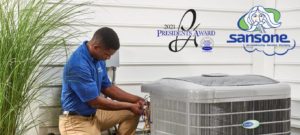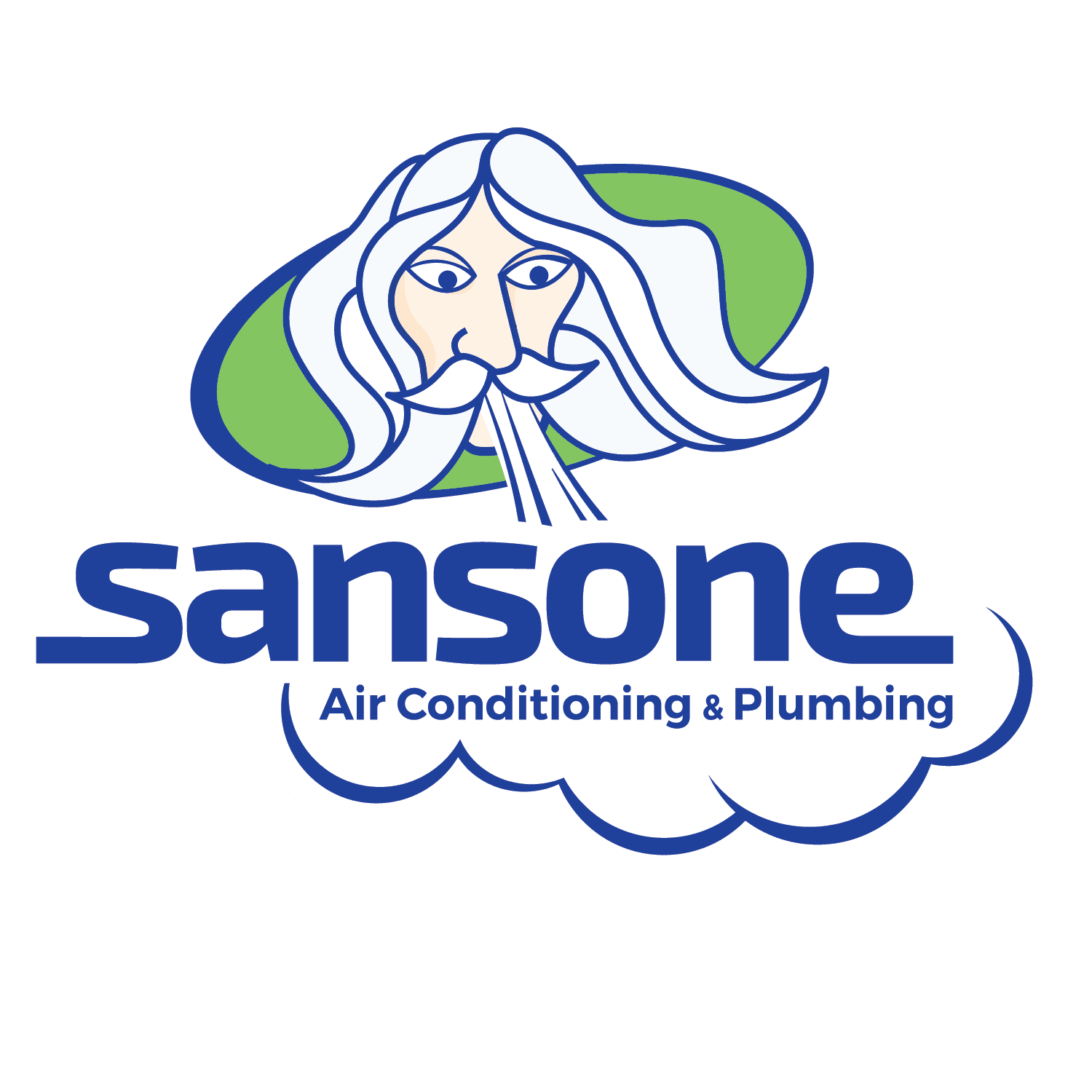
Summers in Florida are brutal. No matter how lucky we feel for living close to some of the country’s most beautiful beaches, the reality is that when it gets really hot and humid outside, going into a cool home feels like a sweet safe haven.
So the easiest way to put a damper on your day is if you turn up the air conditioner only to find out it’s not blowing cold air.
5 Reasons Your AC Is Running but Not Blowing Cold Air
1. Clogged Air Filters
When was the last time you changed your air filters? If you don’t remember, those things are probably caked with dust from every contaminant and dirt particle in your home. When this happens, airflow is obstructed. Your home doesn’t cool down, and the coils may freeze over.
This causes several problems in your home:
- A warm house
- A puddle when you finally turn off the AC and the ice melts
- Higher energy bills
As a general rule, you should change your air filters at least once a month (that is, provided you live on the property year-round. If you’re one of our famous snowbirds, you can afford to change them less often).
However, you have to take into account several things: the material the air filters are made of (the cheaper the filter, the more often you have to change it), how many people live in your home, whether you have any pets or people with allergies under your roof.
2. Clogged Condensate Drain Lines
An air conditioner works by absorbing the heat and moisture from the air inside your home. That humidity condensates on the evaporator coils. The water then drips into a drip pan and is then siphoned out of your home through condensate lines.
Now, it’s no secret that high levels of humidity cause mold growth and the same is the case with the condensate lines. You can prevent this from happening by having routine AC maintenance performed on your air conditioner. You could opt to clean your AC drain line yourself by flushing them with distilled white vinegar, but if the damage is already done, you’ll need a wet/dry vac and an attachment that goes from the vac to the condensate line. For instructions on how to do it on your own, click here.
For more information, check out our blog: The Complete Guide to Unclogging Your AC Drain Line
3. AC Unit Is Too Small
In order to have an air conditioner system that will efficiently cool your home, it needs to have a specific amount of BTUs.
BTU is an acronym for British Thermal Unit and it refers to the amount of heat an AC can eliminate from the air. For each ton of heat that has to be removed from a property, an AC unit needs to have 12,000 BTUs.
In order to know how many BTUs are adequate to cool your home properly, take into account the following factors:
- Square footage of your home
- Construction materials
- Type of insulation
You can check an air conditioner’s BTU capacity on the label. This label is located on the condenser unit. The top of the label states the model number (M/N), which includes a long string of characters separated by hyphens. The BTU capacity is the three-digit number after the first dash.
If you don’t have an air conditioner with the right BTU, your home will not cool properly.
Related blogs: 5 Signs of an Undersized Air Conditioner That Is Too Small For Your Home
4. Leaking Refrigerant
Refrigerant is a gas that cools the air in your home. When an air conditioner is working properly, it doesn’t need additional coolant. However, wear and tear can cause pinholes in the unit, which in turn, causes this gas to leak out.
You know you have a refrigerant leak if you’ve noticed any of the signs below:
- Your AC is hissing
- The vents are blowing warm air
- Your home feels humid
- Frost is forming on the condenser unit (the part of the AC that is outside your home)
- Your electric bills are suddenly higher
The problem here is that breathing refrigerant is hazardous to your health: it can cause breathing problems and even death. This means that if you suspect this is the issue, you have to act ASAP and call an HVAC professional for emergency service.
5. It’s Time to Replace the Unit
If your air conditioner is older than 15 years, it may be time to replace it. The only way to extend its lifespan is to provide regular maintenance, although if it keeps breaking down, making unusual noises, or if it makes your home smell weird, it’s time to buy a new system.
Call HVAC Professionals in Broward, Palm Beach, or St. Lucie
At Sansone Air Conditioning Electrical & Plumbing, we are always ready to help you whether it’s ac maintenance or ac repair. If you live in Broward, Palm Beach, or St. Lucie, we’ll make sure your AC is in optimal condition.

